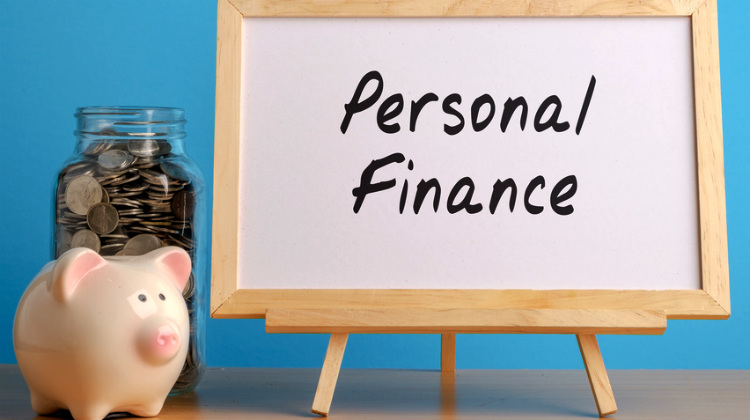By Babajide Okeowo
If you are having a tough time saving for the future, this article is for you. Regardless of what you’re saving for -retirement, your kids’ university education, owning a house, it is not easy to set aside money for those goals. This is especially true if you don’t have much extra cash to spare. Even if money is tight, that doesn’t mean it’s impossible to save. It just means you may need to make some lifestyle adjustments. You don’t necessarily need to slash your budget to the bare bones to find money to put away, but there are a few common financial habits that could be doing more harm than good.
Putting off saving until you have more to save
The commonest mistake most people {myself inclusive} make is to tell ourselves that the reason we can’t save now is that we can’t afford it and that we’ll start saving more once we finally earn that raise or begin a new job with a higher salary. But wait too long to start saving and it will be exponentially more difficult to catch up.
This is especially true for larger, long-term goals like saving for retirement. You may need upward of N10 million saved to retire comfortably, and it takes several decades to save anywhere near that amount. Let us do this simple mathematics, say, for instance, you want to retire at age 65 with more than N10 million in your retirement account, if you start saving at age 25, you’d need to stash away around N4,250 per month to reach that goal, it is that simple. But, if you wait until age 35 to start saving, you’d have to save roughly N9,000 per month, all other factors remaining the same.
So, even if you don’t have much to save now, it’s better to set aside what you can rather than putting it off for another day. Wait too long, and you may end up without having a kobo saved for retirement. That day will be here before you know it and the earlier you start saving, the easier it will be to reach your goals.
READ ALSO: Tackling online infidelity in marriages
Not tracking your spending
Tracking how much you spend each month isn’t the most exciting task, but it’s the only way to tell whether you’re overdoing it in certain areas of your budget. You may feel as if you’re stretched to the limit financially, but it could be you’re just spending more than you realise on unnecessary expenses. Nowadays, tracking your expenses doesn’t have to be difficult or time-consuming. Several apps can help you stay on top of it with minimal effort, and you can also set limits and create alerts for when you overspend in a certain category. Once you know exactly how much you’re spending each month and what it’s for, it will give you a better idea of where you can make cuts to put more cash toward your savings. You also may not need to make drastic reductions to meet your savings goals. Sometimes, all it takes is cutting N1,000 per month across multiple categories to save a couple of thousands per month.
Spending too much on impulse purchases
Impulse purchases are tempting because alone, they seem insignificant. After all, how much effect could treating yourself to a quick meal from Chicken’s Republic or Jevnik have in the long run financially? But when you add up all those purchases, they can have a serious impact on your ability to save.
Keeping your impulse spending in check can be more challenging than it sounds. But if you’re not going to make good use of the product, it’s still a waste of money — no matter how great the deal was. Before you buy anything, ask yourself whether this purchase is necessary or in your budget. It’s okay to splurge every so often to treat yourself, but make sure those purchases are planned and accounted for so you don’t blow your budget with impulse spending.


